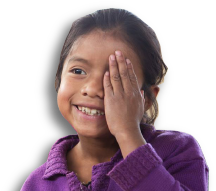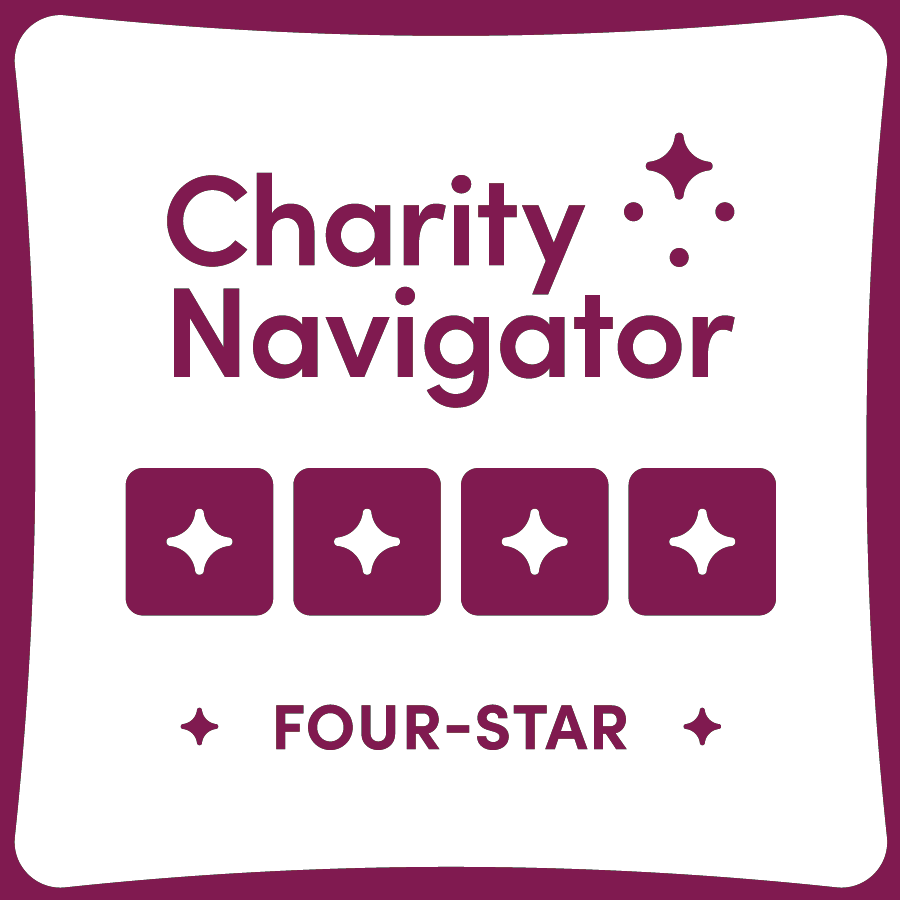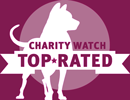Another Little Girl Can See Clearly Now
Three-year-old Milka lives in a village in Burundi. This small, war-torn country is adjacent to the northwest corner of Tanzania, just south of Rwanda. When Milka started walking at age 1, she didn't progress the way most children do and kept bumping into things. By age 2, her mother could see that Milka's eyes didn't track properly when she was watching the chickens in their yard.
An outreach worker told Milka's mother about a Seva-supported eye clinic in Bujumbura, Burundi's largest city. Her mother had never traveled to the city, but she put Milka in her fanciest dress and made the journey. At the eye clinic, Milka was seen by Dr. Levi Kandeke, Burundi's sole pediatric ophthalmologist. He relies on NGOs like Seva to provide funding so he can take care of the many children in his country who have vision problems but whose families cannot afford eye care.
Dr. Kandeke diagnosed Milka with severe myopia, or nearsightedness. Her family could never have afforded the exam or the corrective lenses, but thanks to Seva donors, Milka received a pair of pretty pink eyeglasses that correct her vision. Her glasses have enabled Milka to become an animated, outgoing child who runs around and plays with other children. Moreover, Milka will be able to attend Kindergarten this fall and make the most of her education with clear vision.

Milka in her fanciest dress and new glasses
Protect Your Child's Eye Health: Vision Care Starts Early
Vision problems affect people of all ages, including children as young as babies and toddlers. But it can be difficult to tell when a young child is suffering from blurry vision or other serious vision issues.
According to the National Center for Children's Vision and Eye Health, a child's vision plays a key role in their “physical, cognitive, and social development.” Untreated vision problems could negatively impact a child's health and future academic performance.
Babies should be able to follow an object with their eyes by the time they're 3 months old. When in doubt, visit an ophthalmologist or a local vision care specialist.
All children should have a thorough, in-person eye examination by an optometrist by the time they are 5 years old to ensure their eyes are healthy before they begin school. Kids should continue to have eye examinations at least every two years.







